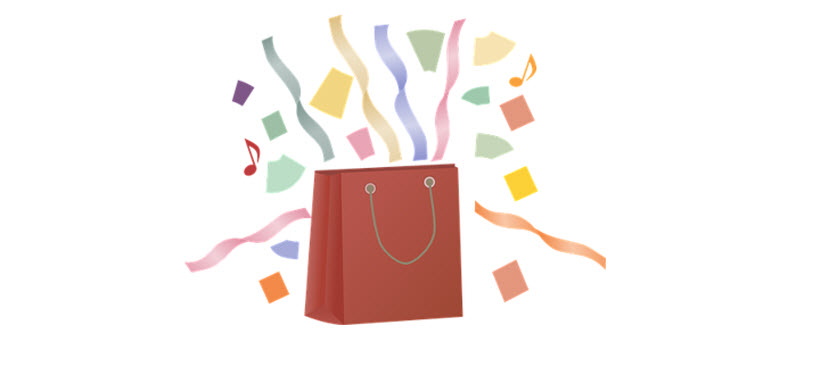
One of the joys of shopping is for the opportunity of being able to brag about our purchases to friends. But, interestingly, a new study has found that people would rather not discuss what they just bought when they feel that money is tight.
Anna Paley, lead author of the study and a visiting scholar in marketing at The Ohio State University’s Fisher College of Business said,
“Consumers who feel poor at the moment don’t want to talk about their purchases because it reinforces negative feelings about their unpleasant financial state.”
This was about the feeling that they didn’t have as much money as they wanted.
“Millionaires can feel financially constrained too,” she said.
Their results appear online in the Journal of Consumer Research.
People who feel they lack in status, power or influence are willing to pay the biggest premium to improve their social status standing. Paradoxically, the results can be quite the opposite, even discriminatory, as social-status-seeking disadvantaged groups end up paying more thus starting a vicious cycle that brings these groups further down the social ladder.
Much of what we purchase, food for recreational entertainment for example, is associated with a temporary rush of pleasure or good feeling, rather than long-lasting satisfaction. Still, studies also suggest that buying fancy stuff for yourself is unlikely to be the best way to boost your happiness or self-esteem. That rush of pleasure you get from the purchase will probably fade quickly, but an established self-esteem effect seems to last.
A far bigger and better benefit comes from giving to others. Psychologist Jennifer Crocker, now at The Ohio State University, reported that the effort you make to support another person often spawns a strong friendship, which is a lasting gain and one that boosts your self-esteem.
We tend to decorate our walls a with a long list of abilities and achievements. Rather than facing up to our imperfections and failures, we hide them behind our certificates and prizes. A long list of abilities and achievements is neither sufficient nor necessary for a healthy self-esteem. While we keep on working on our list in the hope that one day it might be long enough to give us entry to a higher social level we try to fill the emptiness inside us with status, income, possessions, relationships and so on. Psychologists call it domain specific, so, you can be confident in one area of your life, but totally unconfident in another.
In the absence of confidence, courage takes over. While confidence operates in the realm of the known, courage works in the realm of the unknown, the uncertain, and the fearsome. Courage is a more noble attribute than confidence because it requires greater strength, and because a courageous person is one with unlimited possibility and the capacity to reach for that possibility.
People with high self-esteem do not need to decorate themselves with external ornaments such as income, status. They treat themselves with respect and take care of their community and environment. They are able to invest in themselves and in people because they are not afraid of failure or rejection from people.
The feel good or joy you experience from shopping for items that show the world that you have “arrived” when in fact you are just faking it in the hope of making it, is both seductive and deceitful. The gain albeit temporary is bragging rights, hoping that the show and tell impresses and confirms your newly elevated position which in fact is false.
Next time before succumbing to the joy of shopping stop for just a moment and ask yourself “why”
Why do I want to buy this?
- What is the payoff?
- What is the state of my self-esteem?
Dig deep into your inner self and instead of giving in to the impulse to shop muster up some courage, listen for the silent inner whisper and invite your intuition to be heard.
Related Topic Good Times Don’t Last Forever
